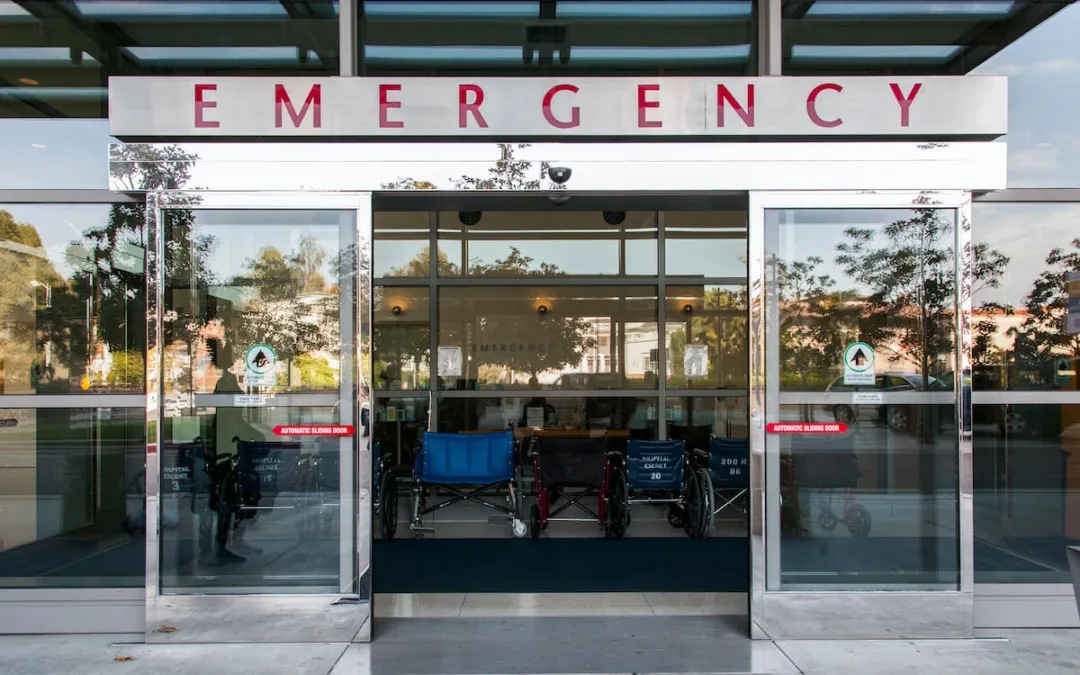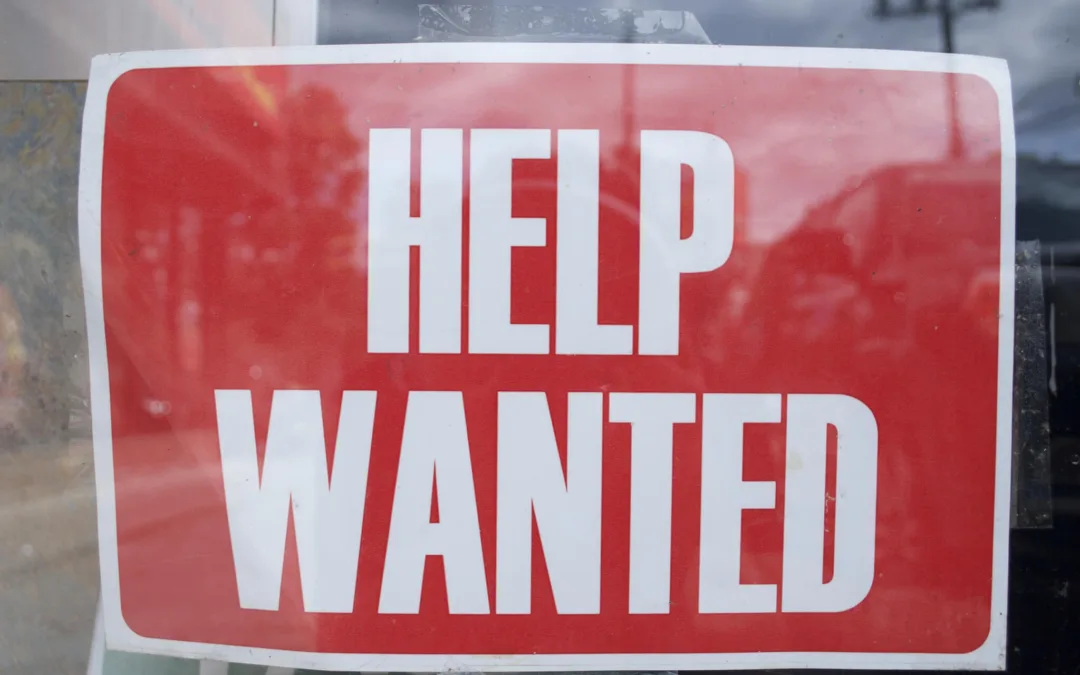
#image_title
#image_title
Closed border has Chippewa Falls woman still in Guatemala, far from care if COVID-19 strikes
As soon as her daughter left six weeks ago for a vacation in Guatemala, Dawn Johnson circled Tuesday, March 24 on her calendar in anticipation of the day her child would return.
Johnson, a 48-year-old Chippewa Falls resident, had scheduled that day away from her job as manager of a Dollar Tree store in Eau Claire so she could pick up her daughter, Clara Scanlon, 22, at the Minneapolis-St. Paul International Airport.
“Right when she left I started missing her,” Johnson, a mother of four, said of Clara. “I like having her around, knowing she is OK. I was really looking forward to seeing her again.”
However, the reunification of mother and daughter hasn’t occurred, thanks to the COVID-19 pandemic that has restricted travel in an attempt to control the spread of the contagious virus. Instead of being allowed to return to the United States, Clara and her father, Mike Scanlon, are confined to living on a boat near a small village on Guatemala’s eastern coast. She is one of more than 120 Wisconsin residents unable to leave other countries and return home, according to the office of Sen. Tammy Baldwin, D-Wisconsin.
The duo is moored in a marina near a tiny village, a six-hour drive from Guatemala City, Guatemala’s capital and home to the closest hospital and airport. Guatemalan authorities have shut down roads to travel, except for trips deemed necessary, such as those to obtain food. And even those movements are heavily monitored.
As the number of people infected with COVID-19 continues to climb daily around the world, Johnson’s fears for her daughter’s safety grow. Based on test results, the virus has not made significant inroads in Guatemala yet, with 36 cases reported as of Monday, compared to more than 155,000 in the U.S.
However, Guatemala’s number may be artificially low because of a lack of testing, and public health officials expect that figure to grow significantly in upcoming weeks. That nation has a high poverty rate and generally does not have modern health care facilities comparable to those in the United States, especially in the remote region where Clara and her father are trapped.
“I am terrified for her,” Johnson said of her daughter. “As the number of (COVID-19) cases there grows, what if she gets sick? She is nowhere near a doctor or a hospital that could treat her.”
Clara is among an estimated 50,000 American citizens who were trapped in other countries because of border closings and travel restrictions due to COVID-19 concerns. Some have been allowed to return home as the U.S. State Department continues to work on that effort, but most remain stranded as the virus continues to spread.
The office of U.S. Sen. Tammy Baldwin, D-Wisconsin, has been in touch with more than 120 Wisconsin residents who were stranded when other countries closed their borders in response to COVID-19 concerns, a spokesperson said Monday.
Baldwin and others have criticized the U.S. State Department for its slow response to help Americans stranded in other countries. State Department officials have said the department is working to get U.S. citizens home as quickly as possible. Last week the department announced it had secured the return of 9,000 Americans from 28 countries and is working to bring home thousands more.
“My office has been working to help bring Wisconsinites home from overseas, and we need the State Department to step up their efforts and offer more support,” Baldwin said in a statement. “It is simply not enough to tell people to come home, they need help getting back home.”
On Monday Baldwin’s office contacted Johnson in an effort to get Clara and others in Guatemala on a flight home. However, securing Clara passage back to the U.S. is hindered by the fact she needs to get to the airport in Guatemala City to do so, and she is unable because of travel restrictions at her current location.
“She is trying to get to the airport, but right now she has no way to do that,” Johnson said.
‘My heart just sank’
Clara was excited to spend time with her father in Guatemala, a country she had visited once before. She looked forward to the trip for months beforehand, eagerly anticipating travel by boat and visiting Mayan ruins.
The young woman who enjoys children and cats departed for her venture on Feb. 11, and her first month in that nation was all that her daughter had hoped for, Johnson said. In addition to visiting Mayan locations, Clara has toured numerous scenic sites, taking in the natural beauty.
That changed with the global spread of COVID-19. On March 16, Johnson called her daughter, warning her that she should return home before the concerns about the virus worsened. The next day the Guatemalan government closed the country’s borders because of concerns about the virus spreading.
“When I heard the borders were closed, my heart just sank,” Johnson said, her voice choked with emotion. “So far there doesn’t seem to be any way to get her home,”
Attempts to reach Clara were unsuccessful because her cell phone reception in Guatemala is limited.
During Clara’s time in Guatemala, Johnson and her daughter talk as often as they can. Clara is trying to put up a strong front, her mother said, but at times she lets on that she is fearful about being trapped in another country so far from home.
As she hopes a way is found to bring Clara home, Johnson worries not only about her contracting COVID-19 but for her safety amid strangers in a strange place. She said she is grateful Clara is with her ex-husband but is concerned people there may act out as they seek limited supplies such as food and medicine.
“Right now I’m just grabbing onto anything I can that gives me hope,” Johnson said.
Politics

Biden administration bans noncompete clauses for workers
The Federal Trade Commission (FTC) voted on Tuesday to ban noncompete agreements—those pesky clauses that employers often force their workers to...

Opinion: Trump, GOP fail January 6 truth test
In this op-ed, Milwaukee resident Terry Hansen reflects on the events that took place on January 6, the response from Trump and other GOP members,...
Local News

Readers Poll: Top Bowling Alleys in Wisconsin
Looking for the best bowling in Wisconsin? Look no further! Our readers have spoken in our recent poll, and we have the inside scoop on the top...

8 Wisconsin restaurants Top Chef judges are raving about
Top Chef’s 21st season is all about Wisconsin, and on-screen, it’s already apparent that the judges feel right at home here. But, while filming in...




